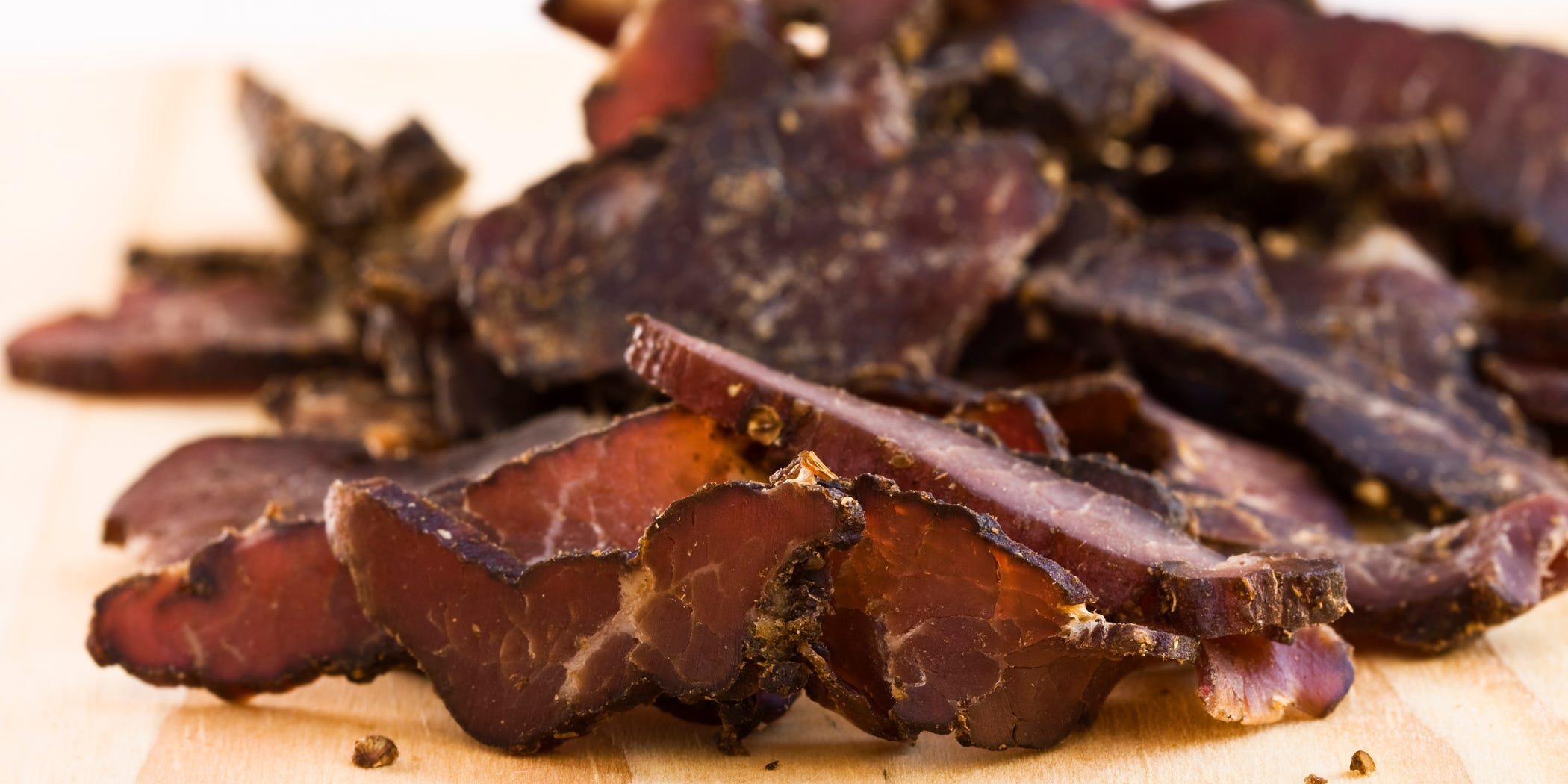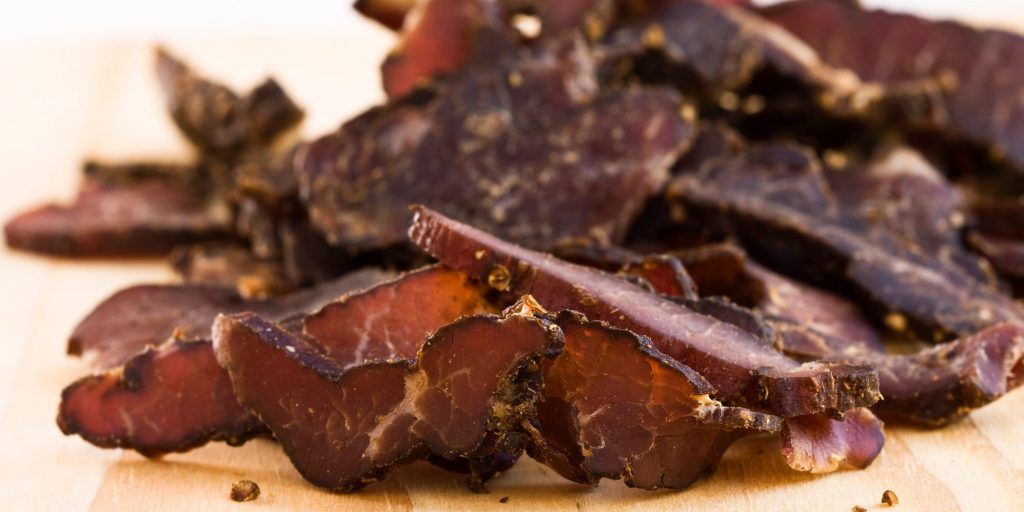
- Inflammatory foods can damage DNA, increase insulin resistance, and heighten the risk of diseases.
- Sugary foods can trigger inflammation by stimulating the production of fatty acids in your liver.
- Processed meats like jerky or bacon are high in inflammation-causing saturated fats.
- Visit Insider's Health Reference library for more advice.
Your body uses inflammation to fight off illness and heal injuries, but chronic, long-term inflammation can be dangerous:
- It damages cell DNA, which can lead to cancer.
- It increases insulin resistance, which can causes diabetes.
- It promotes the growth of plaques in arteries and triggers blood clots, which can cause heart disease.
Your risk of chronic inflammation may be higher depending on your diet — foods like sugar, processed meat, and fried foods can all cause inflammation in your body. Limiting these foods can help reduce inflammation and cut your risk of chronic diseases.
Here are five common foods that cause inflammation.
1. Sugary foods
Foods that are high in sugar like soda and baked goods can trigger inflammation in two ways:
- Sugar stimulates the production of fatty acids in your liver. "When the body digests these fatty acids, the resulting compounds can trigger inflammatory processes," says Velonda Anderson, PhD, a nutritionist and CEO of Sweet Potato Delights.
- Eating sugary foods causes your body to produce more of the hormone insulin, which in turn can boost body fat. This is a problem because "fat cells can produce chemicals in the body that lead to inflammation," says Diane Javelli, a clinical dietitian at University of Washington Medical Center and owner of Belly by Javelli.
"Limiting the amount of high sugar foods like cakes, cookies, candy, and soda can help maintain a healthy body fat percentage," and reduce the risk of inflammation, Javelli says.
2. Red meat and processed meats
Processed meats are meats that have been modified through curing, salting, smoking, or adding preserving chemicals, Anderson says.
Some examples of processed meats are
- Bacon
- Deli meats
- Hot dogs
- Beef jerky
- Chicken nuggets
Both processed and red meats tend to be high in saturated fat. Studies show that eating fatty processed and red meats may cause weight gain and inflammation.
3. Some cooking oils
Many common cooking oils contain a type of fat called omega-6 fatty acids. Omega-6 fats aren't necessarily bad — your body uses them for energy and normal growth.
But your omega-6 fats need to be in a careful balance with omega-3 fats that you can get from foods like salmon, mackerel, and flaxseed. If you eat too much omega-6 fat, it can throw off this balance, which triggers inflammation.
Some common cooking oils that contain omega-6 fats include:
- Corn oil
- Canola oil
- Sunflower oil
- Safflower oil
- Peanut oil
4. Fried foods
Fried foods like chicken nuggets, donuts, and French fries are big inflammation culprits for several reasons, including:
- Fried foods tend to have high levels of omega-6 fatty acids.
- They often contain trans fats.
- "Fried foods produce compounds in the body called advanced glycation end products, also known as AGEs. These compounds directly stimulate inflammation in the body," Anderson says.
Anti-inflammatory foods
There are also many anti-inflammatory foods that can help fight chronic inflammation in your body. These foods are rich in key compounds like antioxidants and omega-3 fatty acids that work to reduce your levels of inflammatory proteins.
Some key anti-inflammatory foods to add to your diet include:
- Fatty fish
- Extra virgin olive oil
- Fruits and veggies like oranges, broccoli, and peppers
- Nuts
- Berries
- Tomatoes
Insider's takeaways
Inflammation is a major health concern and your diet can have a huge effect on the levels of inflammation in your body. Avoiding foods like sugar, packaged snacks, and red meat can help you control inflammation and lower your risk of chronic illnesses like heart disease.
But keep in mind that the overall content of your diet is more important than any one meal. "In other words, if your diet is high in fruits, vegetables, and whole grains with moderate amounts of lean proteins, occasional intake of your favorite sweet treat or salty snack or even a fatty meal is not going to be a deal breaker," Javelli says.
